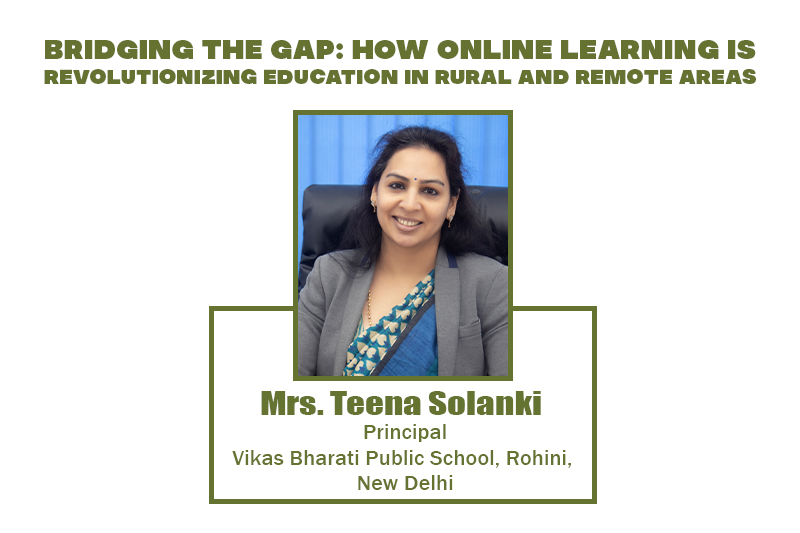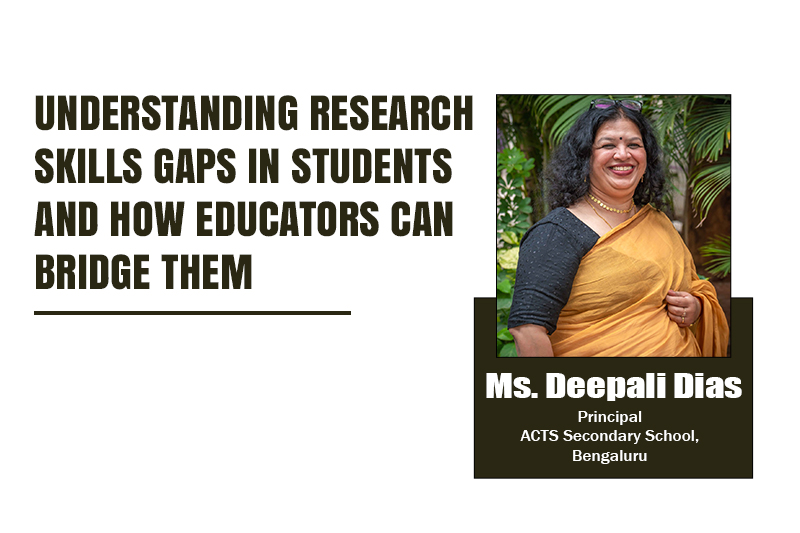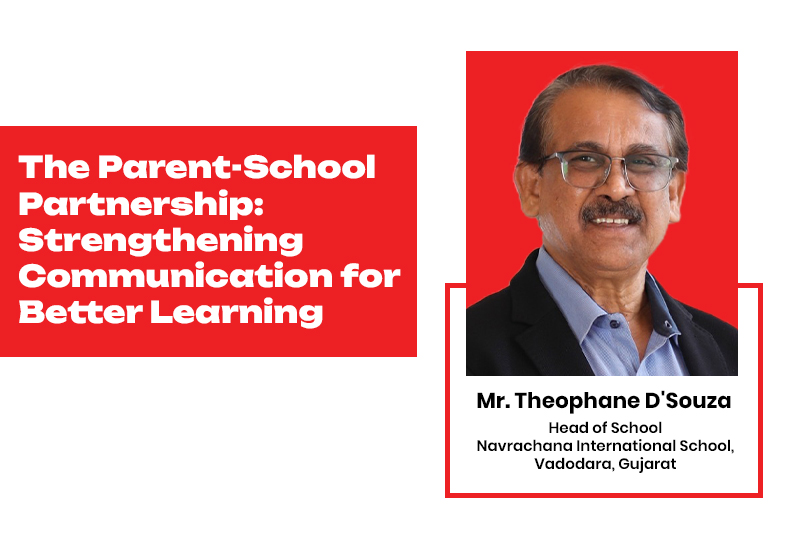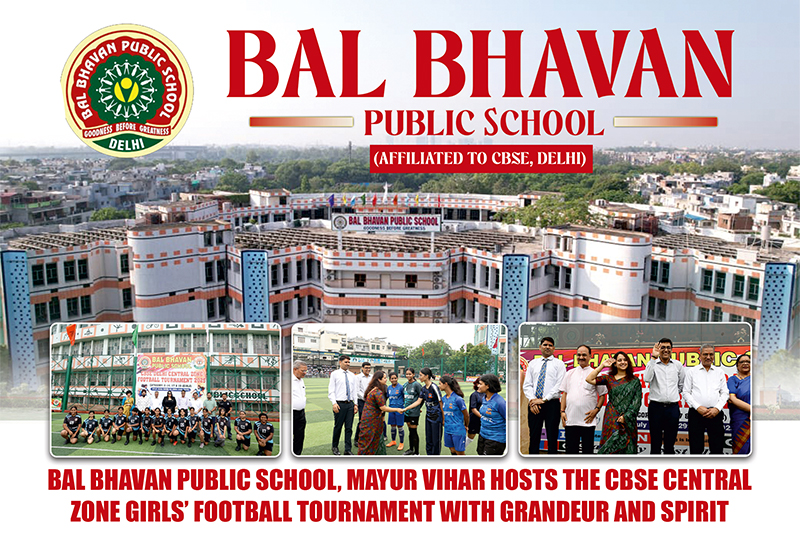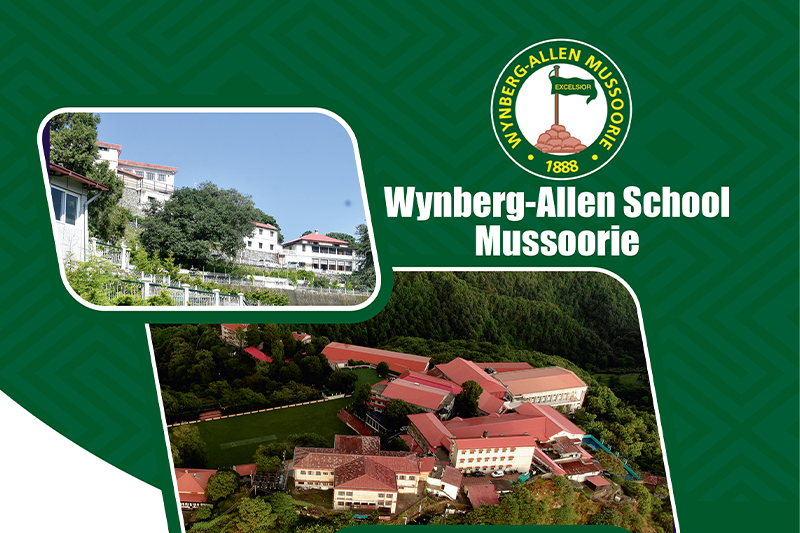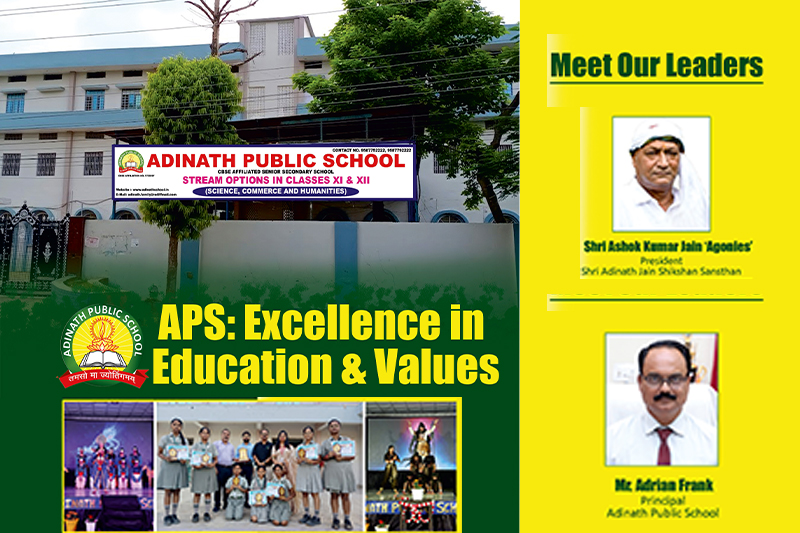Vikas Bharati Public School | Teena Solanki on Online Learning in Rural Education
In a world where information travels at the speed of a swipe and education is no longer tied to physical classrooms, online learning has emerged as a powerful equalizer. This shift is particularly groundbreaking for India’s rural communities, where access to quality education has long been hindered by geographic isolation and lack of infrastructure.
Mrs. Teena Solanki, Principal of Vikas Bharati Public School, sheds light on this transformation, emphasizing how digital education is not just a trend—it’s a critical tool for empowering rural students and bridging the education gap between urban and remote regions.
From Chalkboards to Clicks: A New Era of Rural Learning
For decades, students in rural India have faced educational disadvantages due to limited resources, inadequate school facilities, and a scarcity of trained teachers. However, with the rise of e-learning platforms and affordable digital tools, those barriers are steadily being dismantled.
With just a smartphone and a reliable internet connection, a student in a remote village can now access lectures from top educators, explore vast digital libraries, and participate in interactive learning experiences. Whether it's a teenager in a Himalayan hamlet learning algebra or a young girl in a coastal town delving into world literature, the digital revolution is bringing classrooms to the doorstep of every student.
As Mrs. Solanki puts it, “Geography should never decide destiny. Today, technology is allowing even the most remote learners to access the same quality of education once reserved for the urban elite.”
Personalization and Flexibility: Learning on Their Terms
What truly sets online education apart is the flexibility it offers. Traditional classrooms follow rigid schedules that often clash with the daily realities of rural life. Many students contribute to household work, assist in farming, or take on part-time jobs, making regular school attendance a challenge.
Online learning platforms, with their self-paced modules and on-demand content, allow students to learn when it suits them best. This freedom enables them to manage both their responsibilities and education without compromise.
The result? Students develop better time management skills, take ownership of their learning, and build confidence—traits that serve them well in both academic and real-world settings.
More Than Lessons: Creating Global Connections
Digital learning is more than just accessing study material—it's about connecting communities. Through live classes, discussion boards, and collaborative projects, students from remote regions can now interact with peers, mentors, and educators from across the country and even around the globe.
These virtual interactions foster cultural exchange, expose students to diverse perspectives, and promote a sense of global citizenship. It’s a significant shift from the often-isolated learning environments in rural schools and a powerful step towards inclusive and holistic education.
Building Digital Fluency for a Future-Ready Generation
In today’s digital-first world, knowing how to use technology effectively is as important as any academic subject. Online education helps rural students build essential digital literacy skills—from navigating online platforms and using productivity tools to evaluating information and communicating effectively in virtual spaces.
These competencies are not only vital for academic success but are also critical for future employment, higher education opportunities, and informed participation in the digital economy.
Accessibility and Affordability: Making Digital Learning Inclusive
Access to devices and connectivity remains a concern in many remote areas. However, various initiatives by the government, NGOs, and private institutions are working to make online learning accessible and affordable. From distributing tablets and smartphones to offering free or low-cost internet services and online resources, efforts are being made to ensure that no student is left behind.
Vikas Bharati Public School, under the guidance of Mrs. Teena Solanki, has been proactive in promoting digital education through community outreach, teacher training, and partnerships that bring resources to underserved learners.
“Our goal,” says Mrs. Solanki, “is not just to adopt digital tools but to truly integrate them into a learning ecosystem that uplifts every student, regardless of their location or background.”
The Long-Term Impact: Empowering the Next Generation
What makes this movement truly transformative is its potential to create lasting change. Online learning isn't just a stopgap solution—it’s reshaping the education landscape. By eliminating traditional barriers, providing flexible learning paths, and preparing students for the demands of a digital world, it is laying the foundation for long-term growth and opportunity in rural areas.
Empowered with knowledge and confidence, students in remote communities are now dreaming bigger, aiming higher, and seeing education as a reachable goal rather than a distant luxury.
Conclusion: A Digital Bridge to Brighter Futures
The rise of online learning in rural areas is more than a technological shift—it’s a social revolution. It champions equality, empowerment, and access, creating pathways for students who were once on the margins of the education system.
Thanks to visionaries like Teena Solanki and institutions like Vikas Bharati Public School, the promise of digital education in India is being realized—not just in theory, but in the daily lives of countless students across the nation.
As rural learners log into their classes, not only are they gaining knowledge—they’re also gaining hope, independence, and a brighter future.

